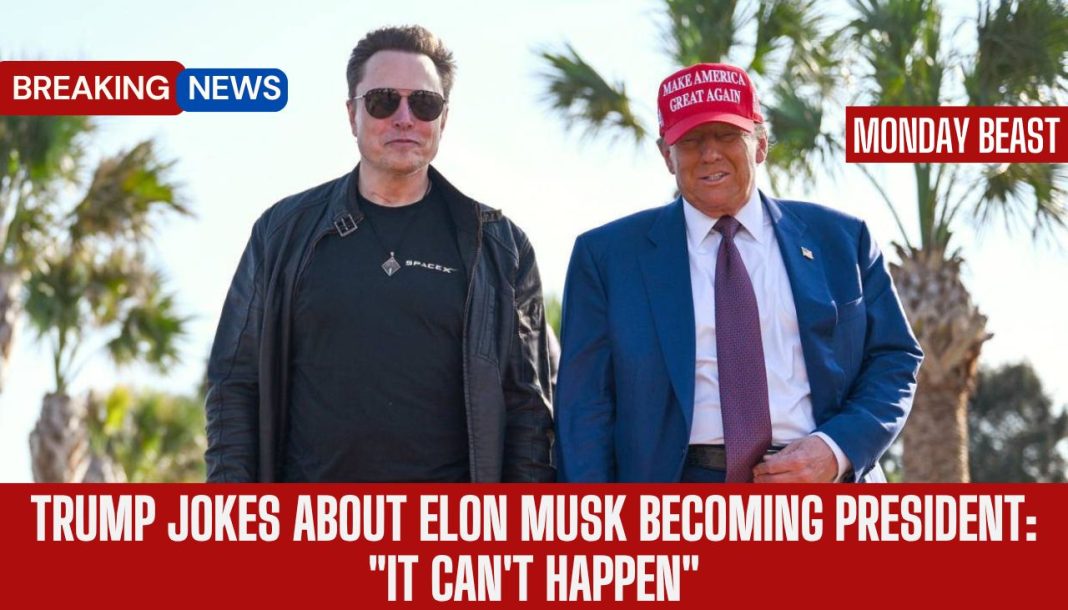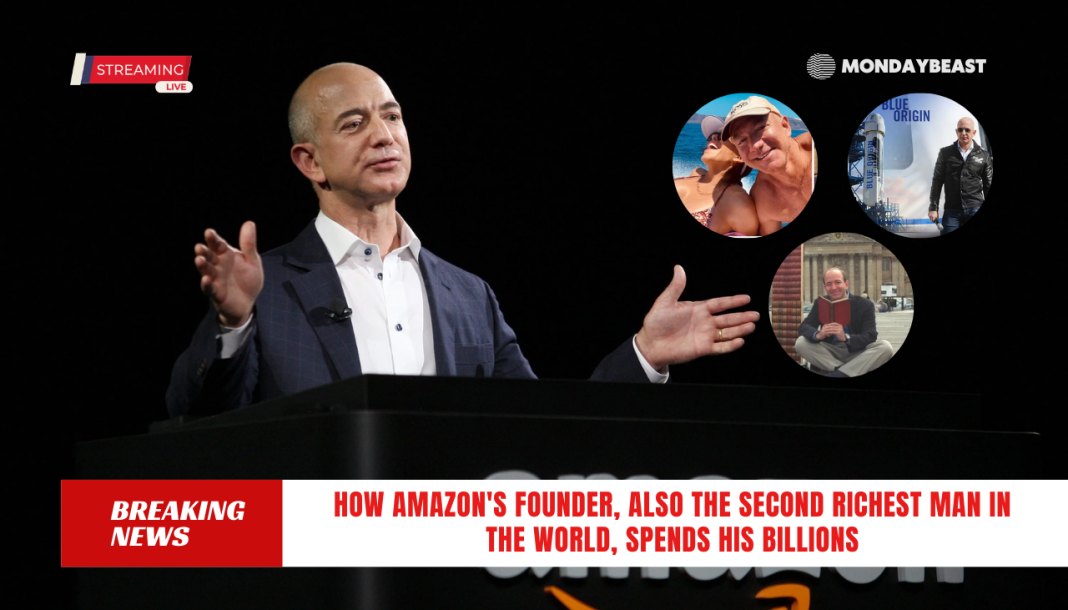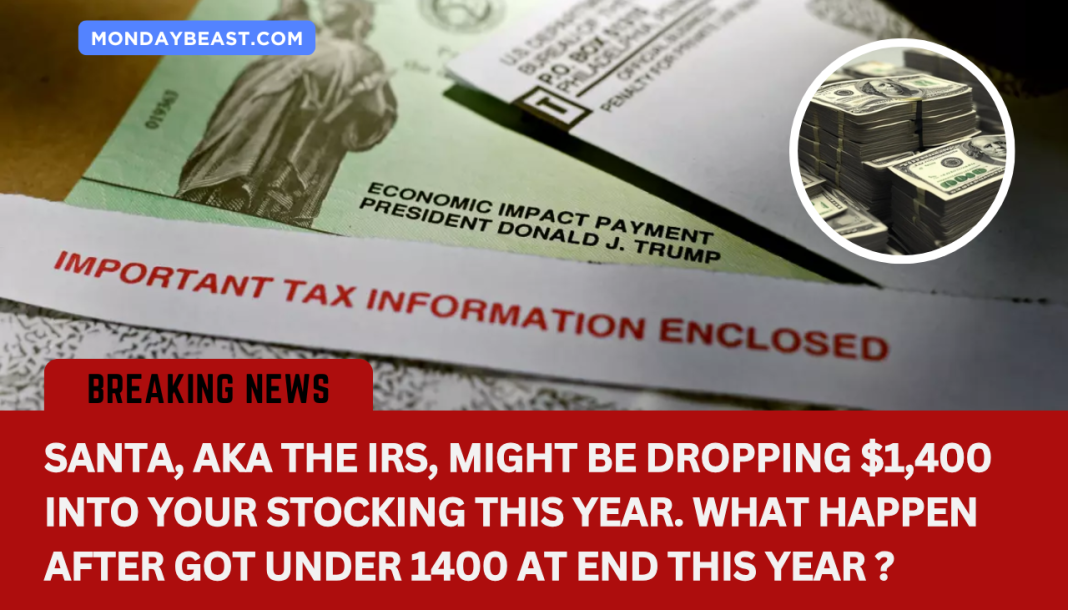Trump claims he is the real president
In a fiery speech at Turning Point USA’s AmericaFest, Donald Trump made it clear that he is the real president and asserted that Elon Musk cannot become president. With a touch of humor: “No, he’s not going to be president, I can tell you that.” This comment is full of implications and laughter. As the crowd chuckled, Trump harshly criticized those who think Elon Musk could take over the White House. It’s no secret that Musk – the richest person in the world – has been making waves in the political world. But can a billionaire and a technology tycoon really step into this noble presidential position?
The new president continued to emphasize his point by reminding attendees: “He (Elon Musk) was not born in this country.” Trump’s statement blurred the lines between joking and seriousness, leaving listeners pondering — what does this mean for America’s political landscape? After all, the idea that Musk is somehow in charge has caused quite a stir.
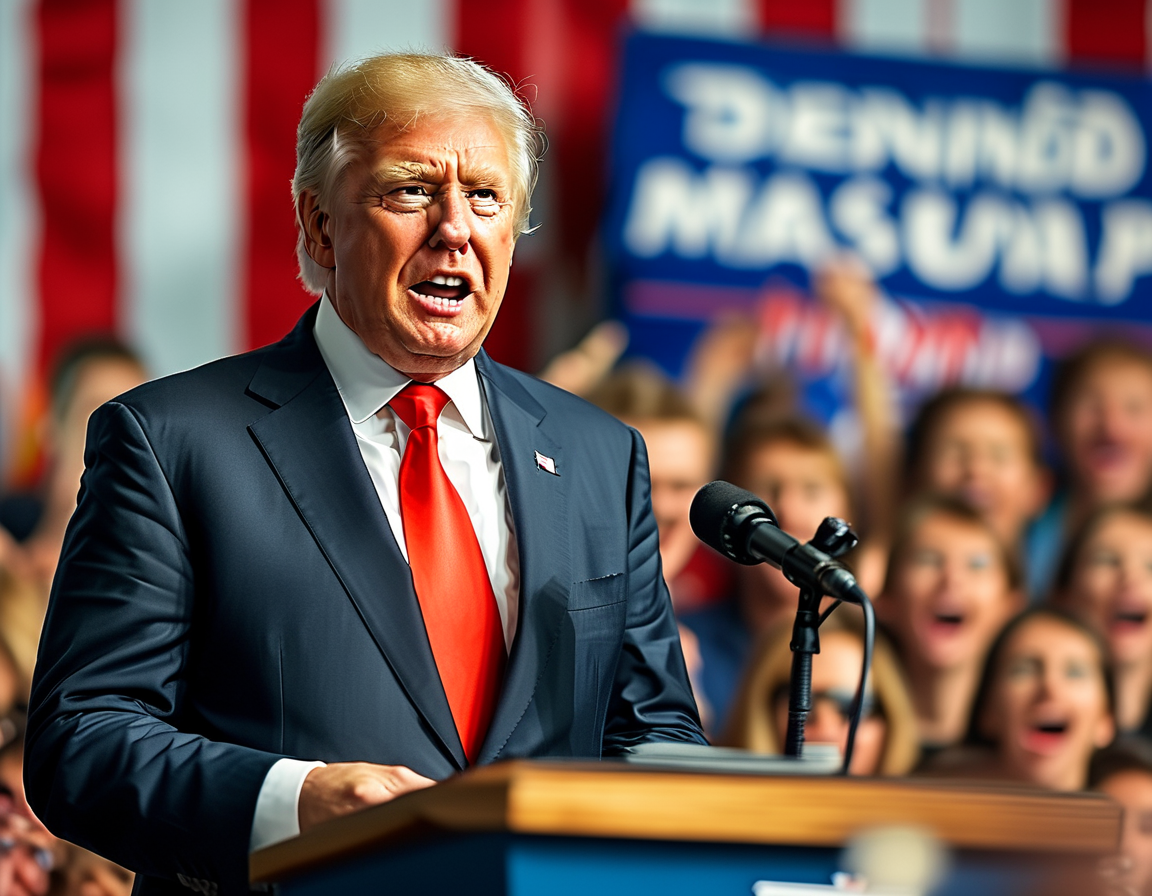
While the sarcasm bounced off the auditorium walls, they also reflected the deep concerns of many. Is Elon Musk really a president hiding in Trump’s shadow? Trump’s comments come at a time when skeptics are questioning Musk’s recent political activities.
Affirmation to the Democratic Party
The political battles are escalating, with Democrats taking advantage of Musk’s prominence, using him as a political henchman. They believe he is weakening the incoming president, contributing to an atmosphere of instability. Just days before Trump’s speech, the controversy began, sparking whispers of a shift in power. In their eyes, Musk is not just a tech billionaire; he is a force that challenges norms. The Lincoln Project, an anti-Trump group, has gone so far as to label Trump “vice president” over “President Musk.”
However, Trump’s camp immediately dismissed these accusations as “ridiculous”. It creates an atmosphere where even casual comments become the subject of serious debate. Amidst the public opinion disasters that are causing a stir, Karoline Leavit – Trump’s incoming secretary at the white house – declared that “President Trump is the leader of the Republican Party. Full Stop.”
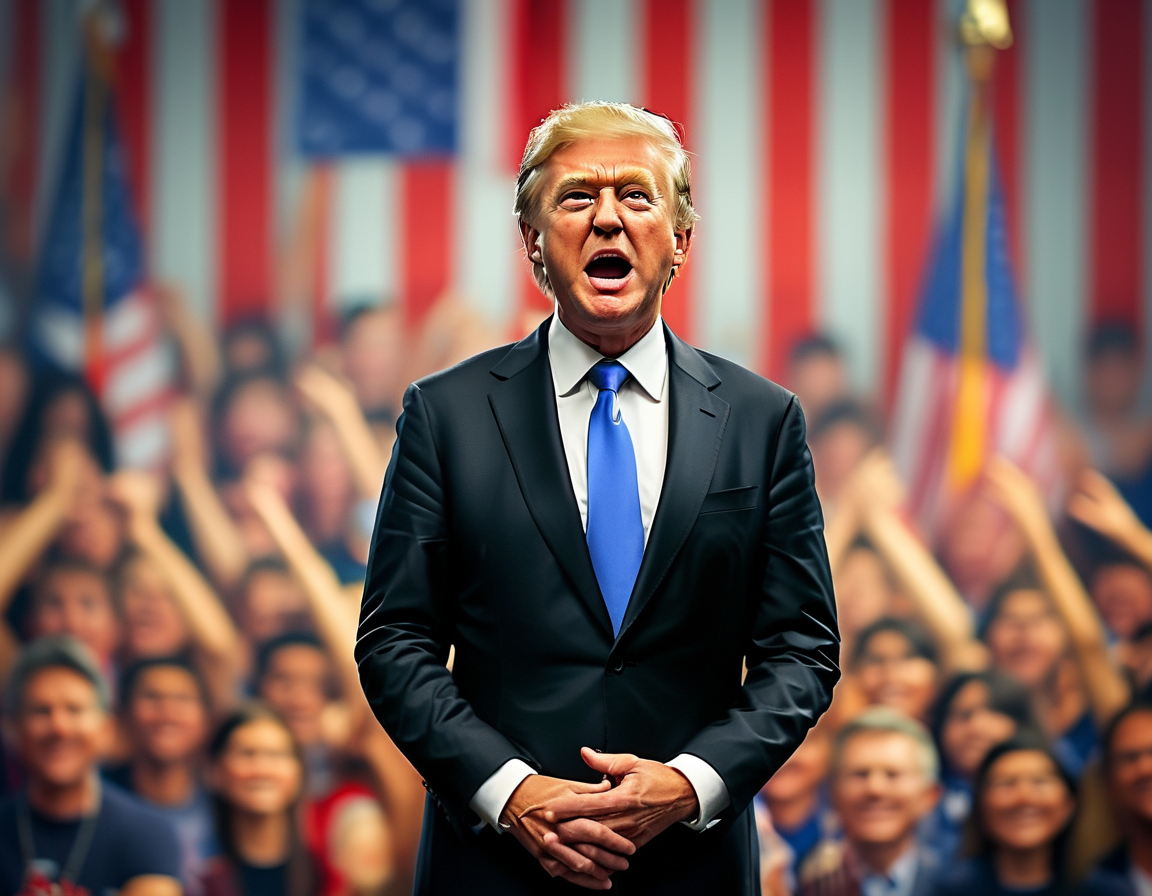
After all, political dynamics are often akin to a chess game. With new players entering the fray, strategies evolve. And non-traditional candidates, like Musk and his proposed allies, begin to change expectations. Will they redefine the game?
Musk’s Political Aspirations and Impacts
On the other hand, Musk’s emergence isn’t merely a product of conjecture. He’s backing it up with action. A hefty $260 million invested in supporting Republican candidates signifies a robust commitment to shaping political pathways. His ambitions go beyond just funding; Musk intends to challenge incumbent Democrats through moderate primary candidates. Is this destined to create a more polarized political atmosphere?
Recent chatter about Musk potentially stepping into the role of Speaker of the House further complicates things. With Speaker Mike Johnson facing scrutiny, the prospect of Musk taking the podium resonates with some in the GOP. Could this shift bring operational change to Congress? Or would it merely amplify the discord between parties?
Trump’s Vision and Goals Ahead
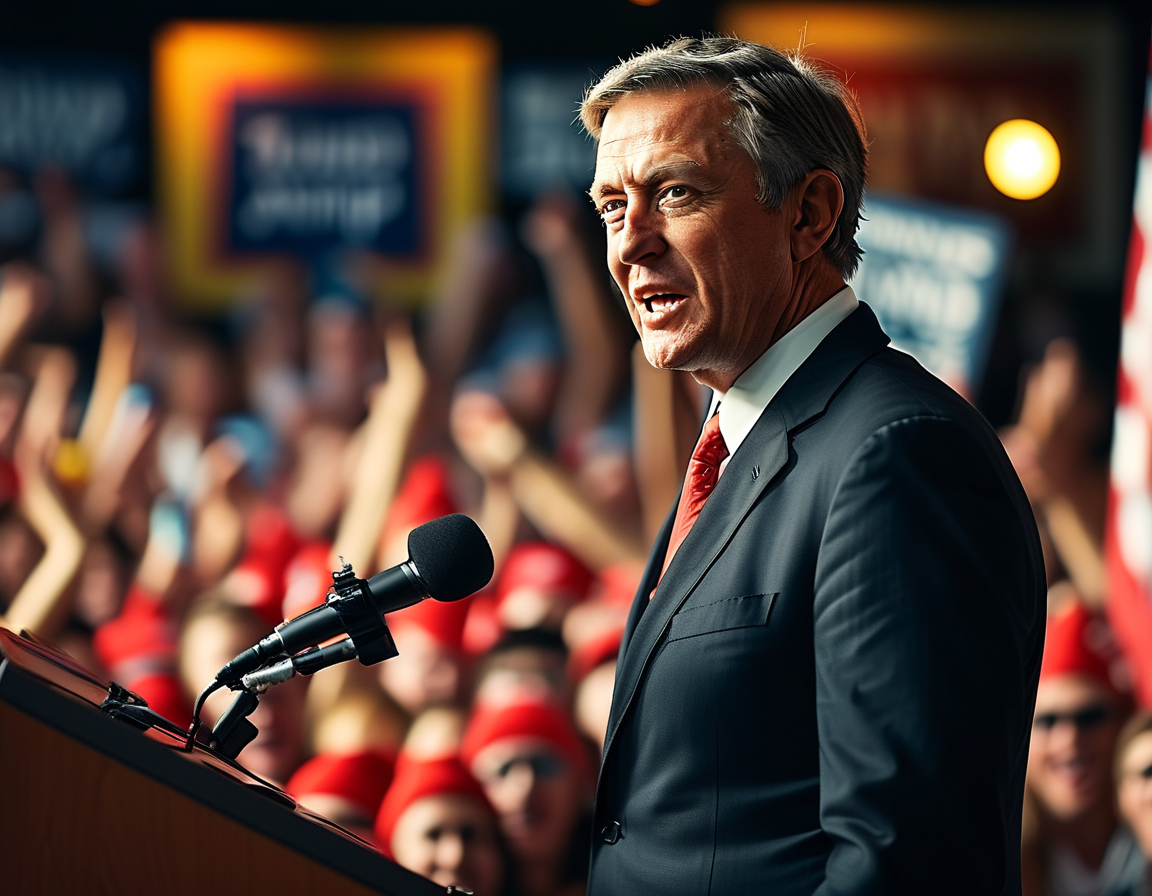
In response to the controversial comments, Trump stood up to speak to reaffirm his position and bold statements when he returned to the White House. Reducing taxes, taking back the Panama Canal and fighting woke trends in the military are among the statements Mr. Trump emphasized will change.
What really stands out, however, is the tone—a combination of celebration and defiance. Trump seemed to embody the spirit of his supporters, fanning the flames for the battles ahead. His promise when he became leader of the Republican Party was like a rallying cry.
In a world of shifting alliances and unexpected players, one question lingers: what does the future hold when billionaires blur lines with politics? The landscape is changing and with it comes a wave of uncertainty, excitement, and anticipation. These dynamics push us all to reconsider the fabric of American governance.

